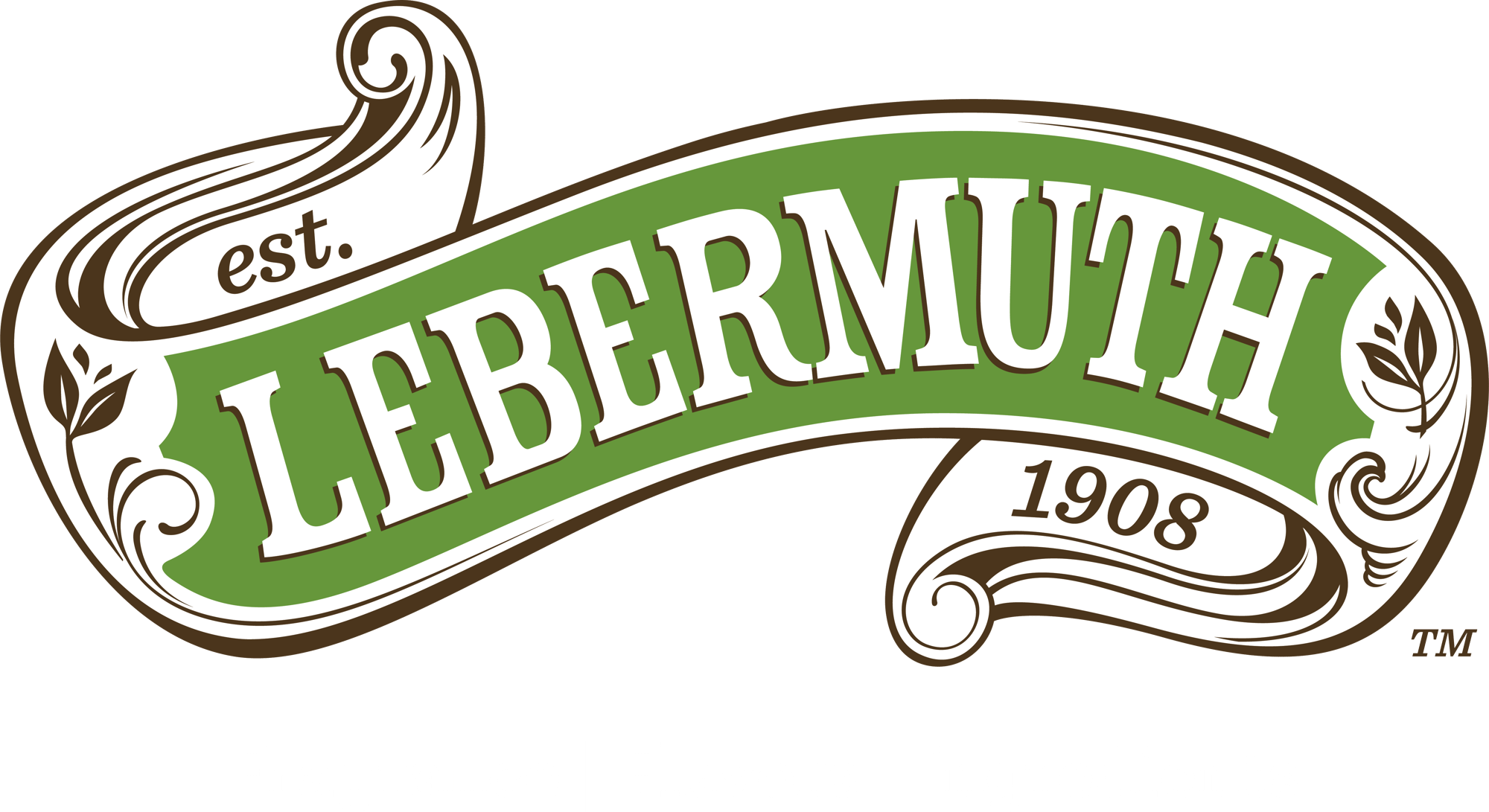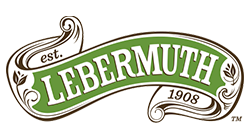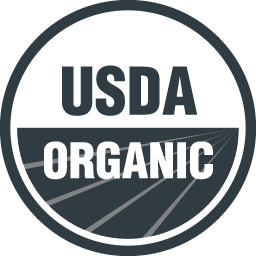What is Fair Trade and Why is it Important?
by Lebermuth, on May 23, 2019

Fair Trade is an organized social movement designed to promote sustainability and improve working standards while creating greater equity in the international trading system, particularly in developing countries. Organizations such as Fair for Life and the World Fair Trade Organization (WFTO) are committed to supporting farmers and workers, making sure that they are justly compensated for their goods.
By purchasing fair trade products, consumers join in on the efforts by agreeing to purchase products at a higher price point knowing that those goods meet the fair trade standards. Fair trade products not only include the essential oils you’ll find here at Lebermuth, but also things like clothing, coffee, cocoa, wine, jewelry and tea.
The Fair for Life organization requires companies to follow 10 principles in order to keep their fair trade certifications. These principles include creating opportunities for economically disadvantaged producers; transparency and accountability for its management and stakeholders; fair trading practices; payment of fair prices; ensuring no child or forced labor; commitment to non-discrimination; ensuring good working conditions; developing the skills and capabilities of employees and producers; raising awareness for the fair trade movement; and using sustainable practices. These principles are the standard for the fair trade industry.
Fair trade is more than just trading commodities; it’s a way to provide justice in the world trade arena by creating better trading conditions and impacting communities behind the products. As a part of the fair trade process, farmers and artisans are able to work directly with market buyers and earn competitive wages instead of going through middlemen who don’t pay fair prices for crops and materials. By vowing to adhere to non-discriminatory methods, women hired on fair trade farms and companies are guaranteed access to health care and certain employment rights, which empower them to take leadership roles in their families and communities.
In developing countries, workers struggle to feed their families and often will live in a state of poverty their entire lives. When these farmers come together to form cooperatives for the fair trade market, they’re given the tools needed to escape poverty. Extra revenue and bonuses are used to improve their communities, neighbors and families. By participating in this incredible program, they can ultimately change their own future. These cooperatives make decisions to provide what their communities need, including building health facilities and programs, building schools, providing books and other school supplies, paying for tuition and putting together meal programs for children.
Fair trade methods are not only beneficial for people and communities, but they’re also better for the environment. Many times, farmers must use agricultural practices that harm land and ecosystems, introduce harmful toxins and cut corners when disposing of waste. Fair trade environmental standards allow farmers and workers to practice sustainable growing techniques by providing resources on reforestation, water conservation and environmental education, as well as by giving them financial incentives to make it possible to utilize those resources.
By buying fair trade products, you can know that you’re not only purchasing excellent products, but you’re also greatly impacting the world around you.





